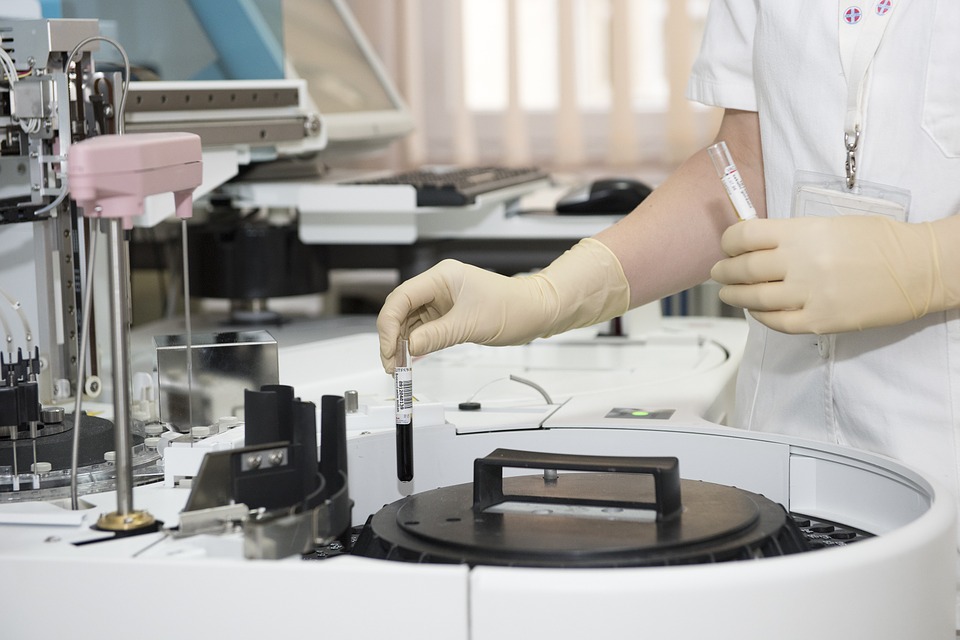Texas Research Aims to Eradicate Whooping Cough
 From late Victorian times to present day, substantial enhancements in our living conditions and the development of medicines has raised the quality of life and expectancy throughout the developed world. However, perplexingly, post-industrial civilization — while mostly eradicating epidemics — has fallen victim to the same diseases. Indeed, we have observed the rise and fall of ailments; however, they seldom disappear permanently.
From late Victorian times to present day, substantial enhancements in our living conditions and the development of medicines has raised the quality of life and expectancy throughout the developed world. However, perplexingly, post-industrial civilization — while mostly eradicating epidemics — has fallen victim to the same diseases. Indeed, we have observed the rise and fall of ailments; however, they seldom disappear permanently.
For example, whooping cough, or pertussis as it is also known, was one of the infectious diseases that most children suffered a century ago. In fact, before the 1940s there were over 200,000 cases of whooping cough in the United States each year. The disease, which is particularly fatal for infants, was deeply reduced by 80 percent following the introduction of the whole cell pertussis vaccine (as part of the DTP vaccine) in the 1940s, and by the 1970s there were scarce cases seen in the developed world.
However, outbreaks do still transpire and in the United States it has resurfaced as a public health threat again. To expand on this, in 2012 whooping cough had its worst outbreak in 57 years in the United States. Moreover, statistics reveal that every year whooping cough kills about 195,000 people in the world – typically infants.
In light of this, a team led by researchers at the University of Texas have developed an antidote that could in the future lead to drugs that inhibit and treat whooping cough. According to the journal Science Translational Medicine, the research has contrived two human-like antibodies – molecules that counteract tiny disease-causing organisms – that performed like a vaccine in averting mice from attaining the disease and condensed the severity of illness in baboons.
More specifically, the antibodies neutralize the pertussis toxin and halt the function of that toxin. Hence, in areas with an outbreak, the antibodies could be supplied in an injection once infants are born and safeguard them for the initial couple of months of life. In addition to that anticipatory effect, the antibodies can also minimize disease severity – at least in baboons. Thus, whilst they might still contract the illness, the antibody strongly decreases the chance of death.
Even though the study is currently confined to mice and baboons, research such as this could have substantial effects on the public health and eradicating the death toll of certain diseases for good. If you are conducting research such as this, or for your business, you could be eligible for tax benefits. The government encourages businesses within the U.S. to do this by allowing business owners to offset research and development with R&D Tax Credits. . Moreover, businesses can take advantage of both state and federal credits and can claim the credits concurrently. Innovation can create new opportunities for your business and allow for the creation of new products or solutions to common problems. Contact us today to see if you are eligible to claim the R&D Tax Relief.
















